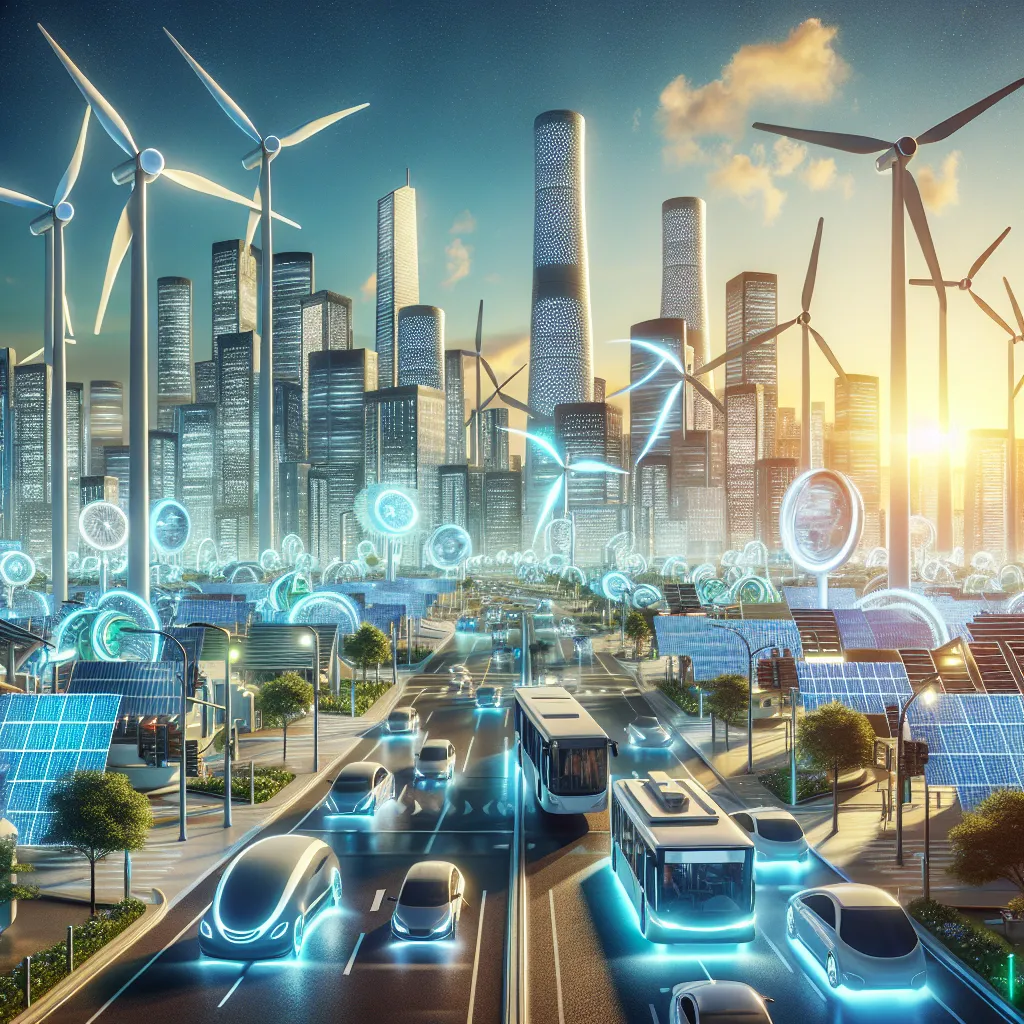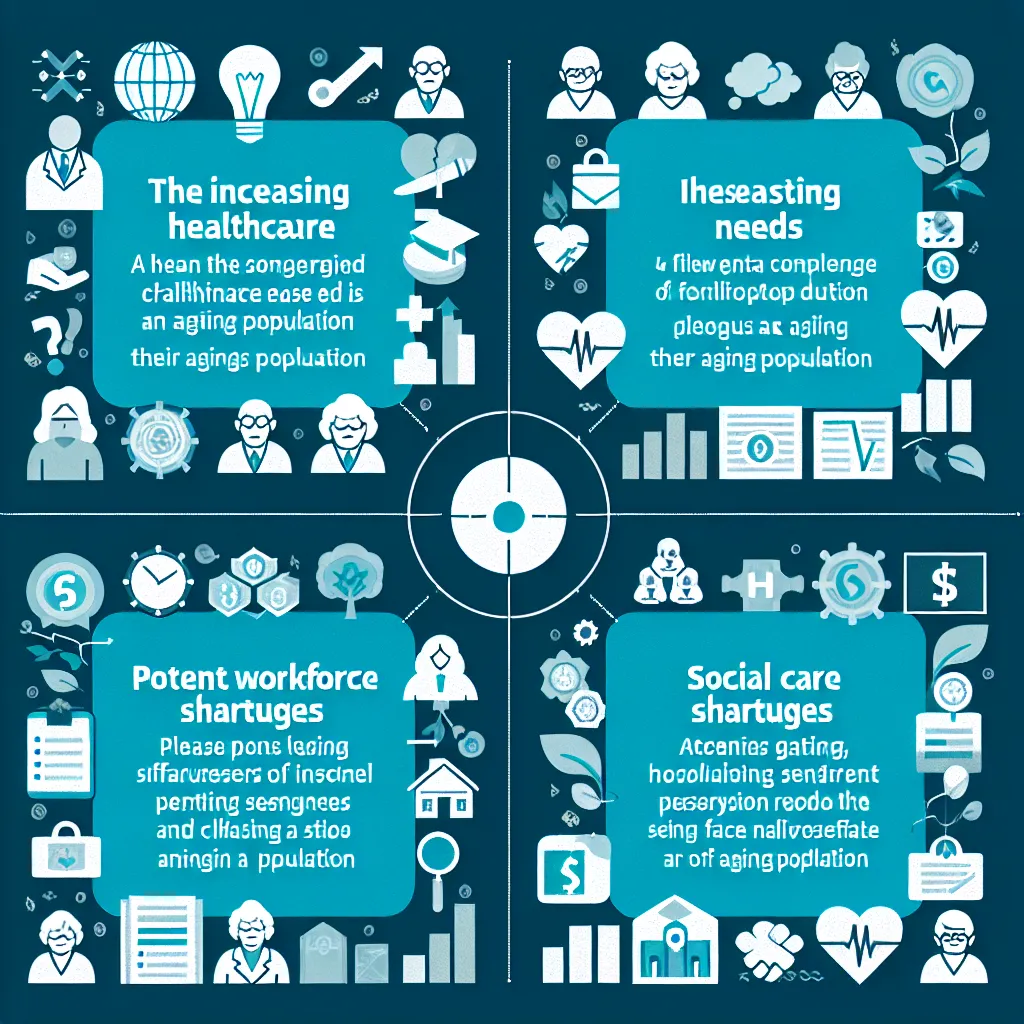In recent years, the topic of technology’s role in reducing carbon footprints has gained significant traction in IELTS Writing Task 2 exams. This environmental theme aligns with global concerns about climate change and sustainability, making it a highly relevant and frequently occurring subject. Based on our analysis of past IELTS exams and current trends, we predict this topic will continue to appear regularly in future tests. Let’s explore a specific question on this theme and provide sample essays for different band scores.
Nội dung bài viết
Analyzing the Question
Some people believe that technological advancements are the most effective way to reduce our carbon footprint. To what extent do you agree or disagree with this statement?
This question asks for your opinion on the effectiveness of technology in reducing carbon footprints. It’s crucial to:
- Clearly state your position
- Provide well-reasoned arguments
- Use specific examples to support your points
- Consider potential counterarguments
- Maintain a balanced approach while expressing your view
Sample Essay for Band 8-9
Technological innovation has undoubtedly played a pivotal role in addressing environmental challenges, particularly in reducing carbon emissions. While I largely agree that technological advancements are highly effective in mitigating our carbon footprint, I believe they should be part of a multifaceted approach rather than the sole solution.
Technological breakthroughs have significantly contributed to reducing carbon emissions in various sectors. In the energy industry, for instance, the development of more efficient solar panels and wind turbines has made renewable energy increasingly viable and cost-effective. Electric vehicles, another technological marvel, are revolutionizing the transportation sector by offering a cleaner alternative to traditional fossil fuel-powered cars. Moreover, smart building technologies and energy management systems have drastically improved energy efficiency in both residential and commercial spaces.
Furthermore, advancements in artificial intelligence and big data analytics are enabling more precise monitoring and management of carbon emissions across industries. These technologies allow for optimized operations, reduced waste, and more informed decision-making, all of which contribute to a smaller carbon footprint. The potential of emerging technologies like carbon capture and storage (CCS) also holds promise for directly removing CO2 from the atmosphere.
However, it would be overly simplistic to view technology as a panacea for our environmental woes. The effectiveness of technological solutions is often dependent on their widespread adoption and proper implementation, which requires supportive policies, public awareness, and behavioral changes. For example, the benefits of electric vehicles can only be fully realized if there is adequate charging infrastructure and if the electricity used to power them comes from clean sources.
Additionally, some technological solutions may have unintended consequences or create new environmental challenges. The production of certain green technologies, such as batteries for electric vehicles, can involve resource-intensive processes or the use of rare earth elements, which have their own environmental impacts.
In conclusion, while I strongly believe that technological advancements are crucial in our fight against climate change and in reducing our carbon footprint, they should be seen as a key component of a broader strategy. This strategy should encompass policy changes, education, and shifts in individual and corporate behavior. Only through a holistic approach that leverages technology alongside other measures can we hope to effectively address the complex challenge of reducing our carbon footprint.
(Word count: 369)
 Technology reducing carbon footprint
Technology reducing carbon footprint
Analysis of Band 8-9 Essay
This essay demonstrates excellent qualities that align with Band 8-9 criteria:
-
Task Response: The essay fully addresses all parts of the task, presenting a clear position with a nuanced view. It acknowledges the importance of technology while also recognizing its limitations.
-
Coherence and Cohesion: The essay is well-organized with clear progression throughout. Each paragraph has a central theme, and ideas are logically connected.
-
Lexical Resource: A wide range of vocabulary is used accurately and appropriately. Complex terms related to the topic are employed effectively (e.g., “carbon capture and storage”, “artificial intelligence”).
-
Grammatical Range and Accuracy: The essay showcases a wide range of grammatical structures used accurately. Complex sentences are handled with ease, and there are no noticeable errors.
-
Critical Thinking: The essay demonstrates sophisticated critical thinking by considering multiple aspects of the issue, including potential drawbacks of technological solutions.
Sample Essay for Band 6-7
In today’s world, technology is often seen as a solution to many problems, including environmental issues. I agree to a large extent that technological advancements are effective in reducing our carbon footprint, although I believe other factors are also important.
One of the main ways technology helps reduce carbon emissions is through improvements in energy production. For example, solar panels and wind turbines are becoming more efficient and cheaper, making clean energy more accessible. This means we can generate electricity without burning fossil fuels, which is a major source of carbon dioxide. Additionally, electric cars are becoming more popular, which can significantly cut down on emissions from transportation if the electricity comes from clean sources.
Technology also helps in making our daily lives more energy-efficient. Smart home systems can automatically control heating and lighting to save energy. In industries, advanced machines and AI can optimize processes to reduce waste and energy use. These innovations can lead to significant reductions in carbon emissions on a large scale.
However, technology alone may not be enough to solve the problem of carbon footprints. People’s behavior and choices also play a crucial role. For instance, even with energy-efficient appliances, if people don’t use them properly or leave them on unnecessarily, the benefits are reduced. Furthermore, some technologies that help reduce carbon emissions can be expensive, making it difficult for everyone to access them.
Government policies and education are also important in reducing carbon footprints. Laws that encourage the use of clean energy and punish excessive pollution can be very effective. Teaching people about the importance of reducing carbon emissions can lead to more environmentally friendly choices in daily life.
In conclusion, while I believe technological advancements are very effective in reducing our carbon footprint, they work best when combined with other approaches like education and policy changes. A mix of solutions is likely to be most effective in tackling this complex problem.
(Word count: 309)
Analysis of Band 6-7 Essay
This essay demonstrates good qualities that align with Band 6-7 criteria:
-
Task Response: The essay addresses the main parts of the task and presents a clear position. However, the arguments could be more fully developed.
-
Coherence and Cohesion: The essay is generally well-organized with clear progression. Each paragraph has a central theme, though the connections between ideas could be stronger.
-
Lexical Resource: A good range of vocabulary is used, mostly accurately. Some topic-specific terms are used (e.g., “fossil fuels”, “carbon dioxide”), but the range could be wider.
-
Grammatical Range and Accuracy: The essay uses a mix of simple and complex sentence structures. There are no major grammatical errors, but the range could be more varied.
-
Critical Thinking: The essay shows some critical thinking by considering limitations of technology and the importance of other factors. However, the analysis could be deeper and more nuanced.
Key Vocabulary to Remember
-
Carbon footprint (noun) – /ˈkɑːrbən ˈfʊtprɪnt/ – The amount of carbon dioxide released into the atmosphere as a result of the activities of a particular individual, organization, or community.
-
Renewable energy (noun) – /rɪˈnjuːəbəl ˈenərdʒi/ – Energy from a source that is not depleted when used, such as wind or solar power.
-
Sustainability (noun) – /səˌsteɪnəˈbɪləti/ – The ability to maintain at a certain rate or level, especially regarding ecological balance.
-
Emissions (noun) – /ɪˈmɪʃənz/ – The production and discharge of something, especially gas or radiation.
-
Energy-efficient (adjective) – /ˈenərdʒi ɪˈfɪʃənt/ – Using less energy to provide the same service.
-
Carbon capture and storage (CCS) (noun) – /ˈkɑːrbən ˈkæptʃər ænd ˈstɔːrɪdʒ/ – The process of capturing waste carbon dioxide, transporting it to a storage site, and depositing it where it will not enter the atmosphere.
-
Artificial intelligence (AI) (noun) – /ˌɑːrtɪˈfɪʃəl ɪnˈtelɪdʒəns/ – The simulation of human intelligence processes by machines, especially computer systems.
-
Fossil fuels (noun) – /ˈfɑːsl ˈfjuːəlz/ – A natural fuel such as coal or gas, formed in the geological past from the remains of living organisms.
-
Electric vehicles (EVs) (noun) – /ɪˈlektrɪk ˈviːəkəlz/ – Vehicles that use one or more electric motors for propulsion.
-
Carbon dioxide (CO2) (noun) – /ˈkɑːrbən daɪˈɑːksaɪd/ – A colorless, odorless gas produced by burning carbon and organic compounds and by respiration.
Conclusion
The impact of technology on reducing carbon footprints is a crucial topic in today’s environmental discourse and is likely to remain a common theme in IELTS Writing Task 2. To excel in essays on this subject, it’s essential to:
- Demonstrate a clear understanding of the role of technology in environmental conservation
- Provide specific examples of technological solutions
- Consider both the benefits and limitations of technological approaches
- Discuss the interplay between technology and other factors like policy and individual behavior
- Use a range of relevant vocabulary and complex grammatical structures
For further practice, consider writing essays on related topics such as:
- The role of government in promoting green technologies
- The impact of individual choices vs. technological solutions in reducing carbon footprints
- The potential of emerging technologies in combating climate change
We encourage you to practice writing your own essay on the question provided in this article. Share your essay in the comments section below for feedback and discussion. This active practice is an excellent way to improve your writing skills and prepare for the IELTS exam.


